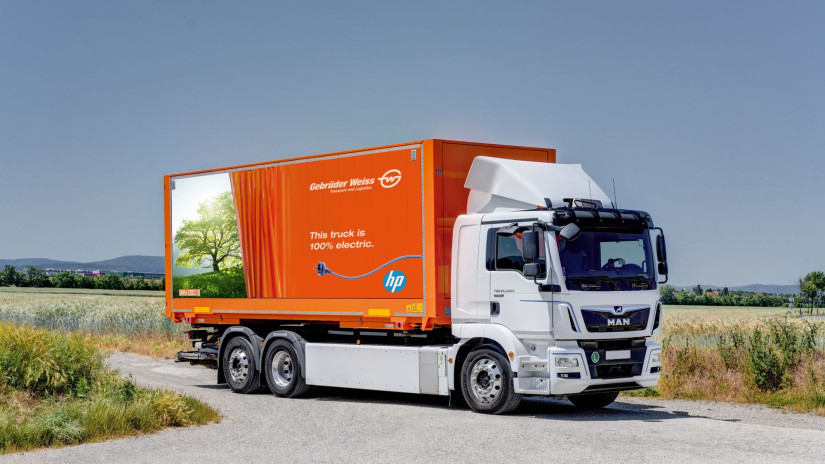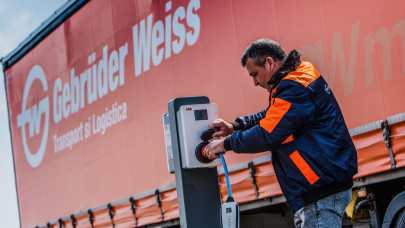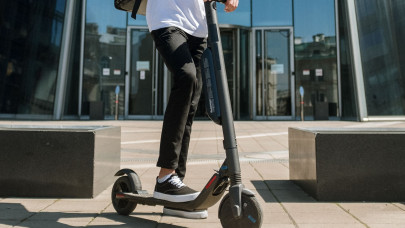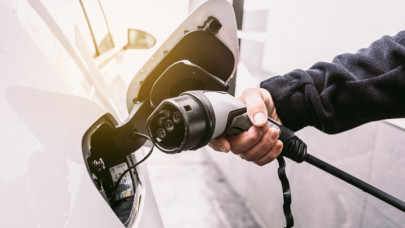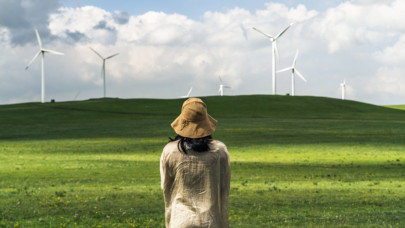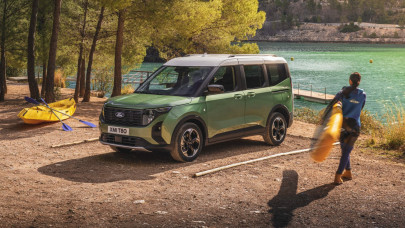During this time, their emission-free vehicles completed 85% of the company's Budapest home delivery (B2C) tasks. The e-vans operated seven days a week, covering a monthly distance of 24,000 kilometers in densely populated areas of the Hungarian capital. They accomplished their daily runs with a single charge.
During the trial period, they prevented the emission of more than 15,000 tons of greenhouse gases. The test clearly yielded positive results, justifying the procurement of another 10 electric vehicles.
The CEO emphasized the company's commitment to green logistics. In line with this commitment, it was the first company in Hungary to test a hydrogen-powered vehicle this summer. The company is also at the forefront of adopting available technologies, including LNG and CNG propulsion.
Following the signing of the order, Dávid Bagyó, analyzing the potential of electric commercial vehicles in Hungary, stressed, among other things, that with the all-electric E-Transit, Ford Pro offers Hungarian businesses a new level of productivity and value creation, as it offers the largest battery, range, and power in its class, as well as the special ProPower Onboard function, which allows the vehicle to be used as a power source as well.
Bránko Aczkov, operational developer at Ikea, emphasized that the two companies share a similar mindset and approach when it comes to circular and climate-positive business activities. For Ikea, it is important that environmentally conscious products are transported to people through emission-free transportation.
Finally, Varga announced that the company's development plans include the acquisition of electric vehicles with a range of at least 250-300 kilometers, which will enable service in Miskolc, Debrecen, and Nyíregyháza as well.

